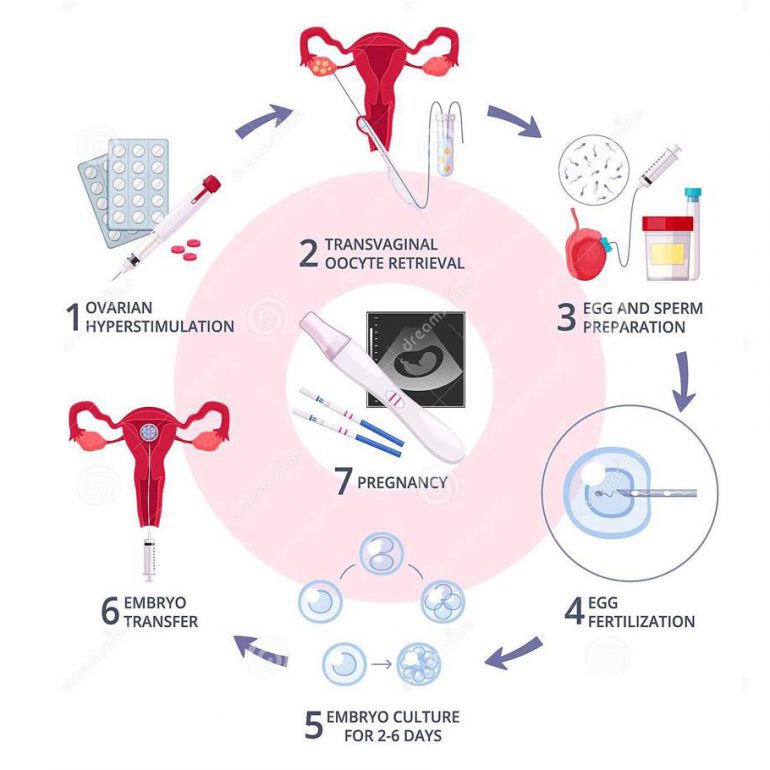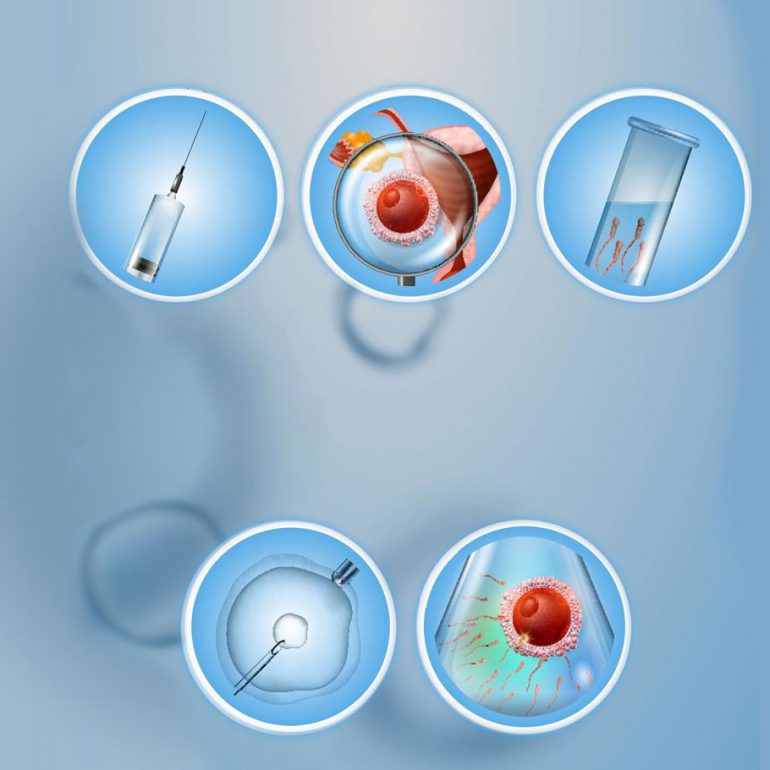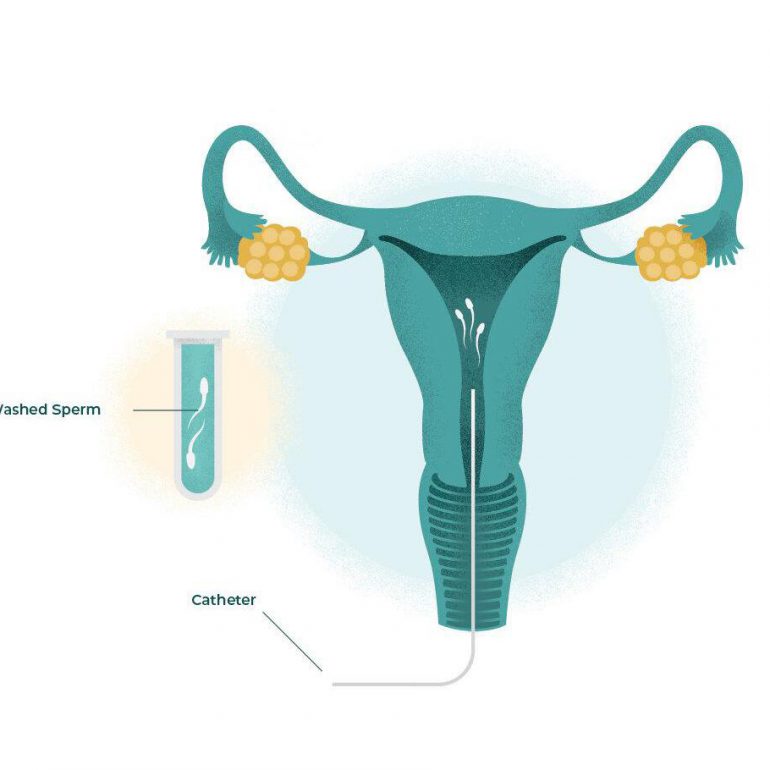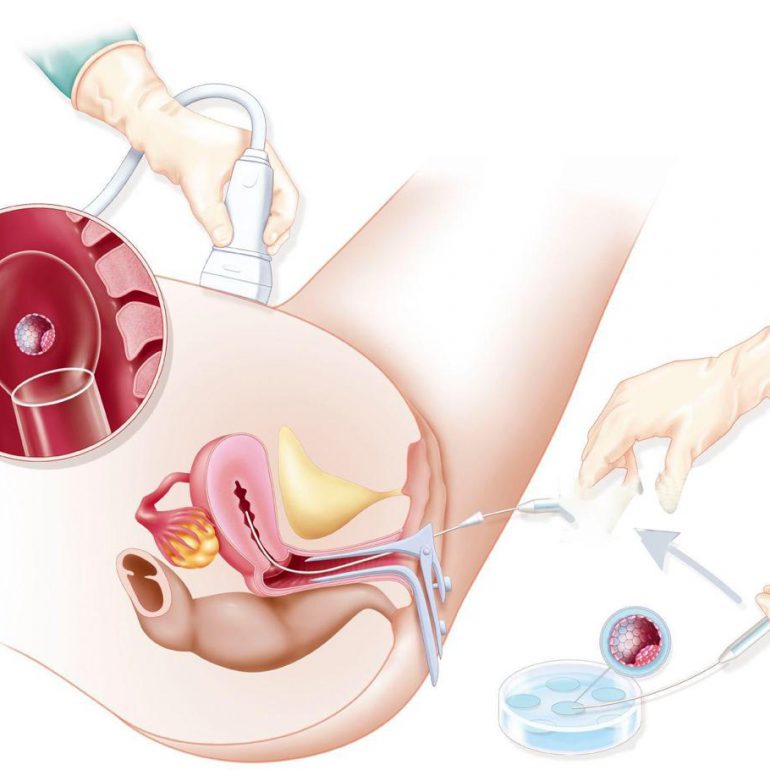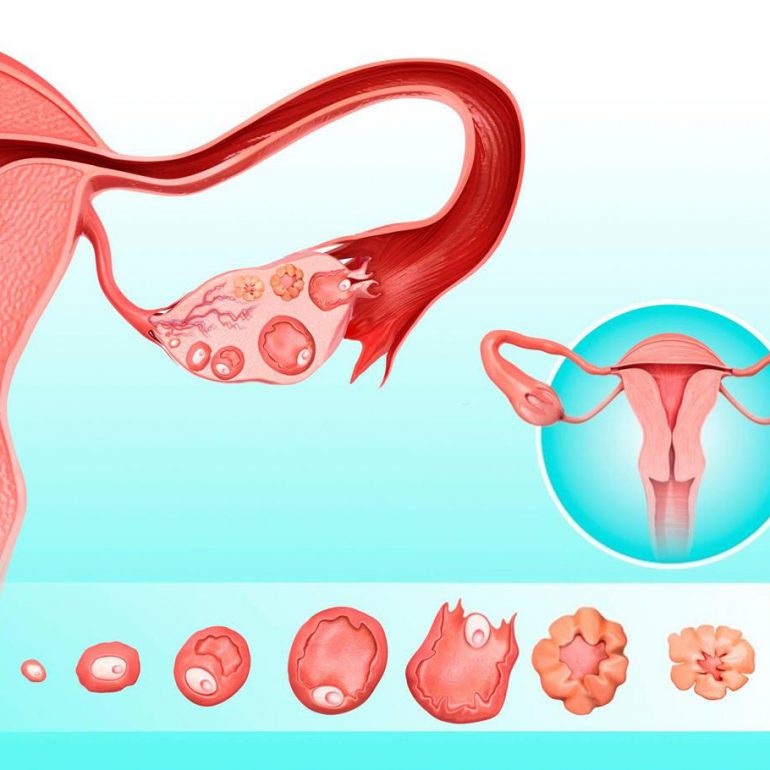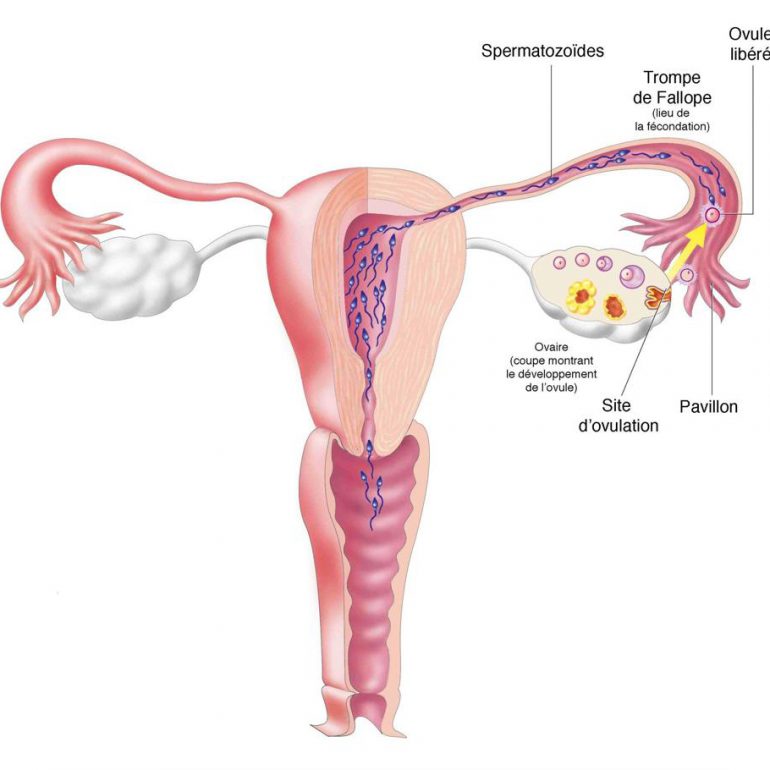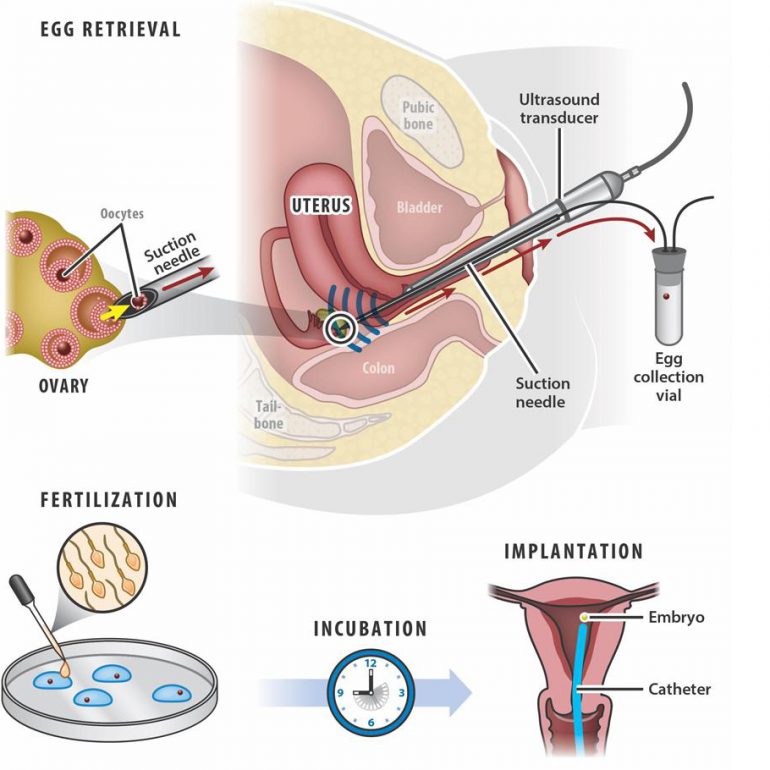
Finney Hospoital & Fertility Center
Fertility Causes
- Fertility Overview
- Male Investigaion
- Female Investigation
- Fertility FAQs
Fertility Overview
During intercourse, sperm is deposited at the cervix (neck of the womb). For pregnancy to occur, the sperm has to pass through the cervix and swim into the uterus and down the fallopian tubes. Fertilisation occurs in the fallopian tube when a single healthy sperm penetrates the egg.
- The egg then divides into 2 cells, then 4 cells and forms an embryo which continues to grow and divide until it reaches the uterus, usually about 5 days after fertilisation.


Male Investigation
Many people assume that infertility is a “woman’s” problem. It may surprise you to know that many cases of infertility is the result of a male factor. Male problems may be a contributing factor in 30 to 50% of couples suffering infertility.
The male partner will undergo a physical examination to determine if he has any underlying physical abnormalities or hormonal disorders such as breast enlargement, and a genital examination to assess the size of the testicles, to locate the opening of the urethra and to detect varicocele. Thereafter, the doctor will order initial investigations to examine the functions of the reproductive system and to determine the presence of any systemic or hormonal disorders.
Female Investigation
Some areas covered includes:
- Ovulation Problems
- Tubal Problems
- Unexplained Fertility
- Endometris
- Uterine Problems
- Immunological Infertility
- Coital Failure
- Cervical Mucus Hostility


Fertility FAQs
Here are answers to some Frequently Asked Questions on Fertlity
- How many embryos to transfer?
The number of embryos transferred is crucial to your risk of a triplet pregnancy or higher. In Ghana there are no restrictions or regulations with regard the number of embryos to be transferred. Recently, there has been a drive toward single embryo transfer (SET). It is the policy of the Assited Conception Unit at Finney Hospital to transfer a maximum of 3 embryos.


